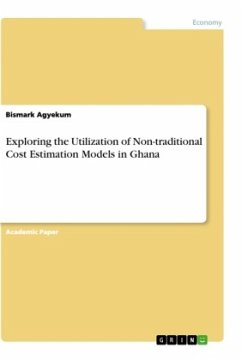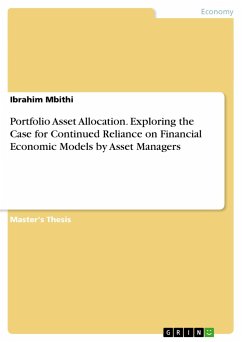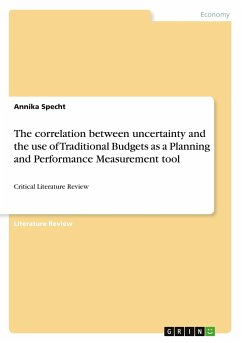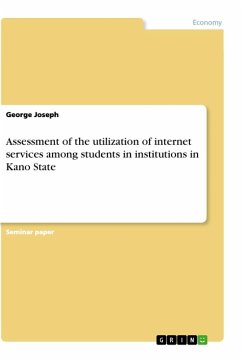Academic Paper from the year 2018 in the subject Business economics - Investment and Finance, grade: 3.0, Kwame Nkrumah University of Science and Technology (College of Arts and Built Environment), course: Constuction Management, language: English, abstract: Cost estimation models deal with arrangement of data, assumptions and equations that permit the translation of physical resources or characteristics into cost. These models serve as framework for forecasting the probable cost of proposed construction projects. They can be classified as either traditional or non-traditional depending on the cost variable formulation. However, in the Ghanaian construction industry, quantity surveyors traditionally estimate the initial cost of building projects using the traditional models, which have been criticized overtime for its inaccuracies. The purpose of the study is to provide account on cost estimation modeling as the basis for proposing strategies for the utilization of non-traditional cost estimation models. Specifically, it intends to determine the awareness level of quantity surveying professionals on cost estimation models; to identify the barriers of cost estimation model's utilization; identify drivers of cost estimation model's utilization and finally propose strategies for the utilization of non-traditional cost estimation models.Construction projects require more capital and it demands that a cost plan is undertaken before its execution. The cost of construction projects is mostly needed by prospective clients to know the level of funds needed to handle cash flow. Gunayin and Dogan argued that cost estimation is a major significant criterion in making decisions at the early phases of a building construction process which involves designing, bidding traditionally and constructing. It is vital to prepare cost estimations with high level of accuracy at every stage of the construction process especially initial stages. The exact cost estimates are necessary to the successful execution of every project. Time, cost and quality play a vital role in the success of every project, hence ideal to perform them at the minimum time, cost and quality.The preliminary estimate of cost pertaining to construction projects is seen as a cost limitation for a project. Any inaccurate estimation caused by errors in the initial estimation process will bring about frustrations and dissatisfaction to clients. In an effort to prepare cost estimates within an unfavourable time frame, some cost prediction methods are used. However, these methods have some problems which have effects on the accuracy of the cost estimates.








